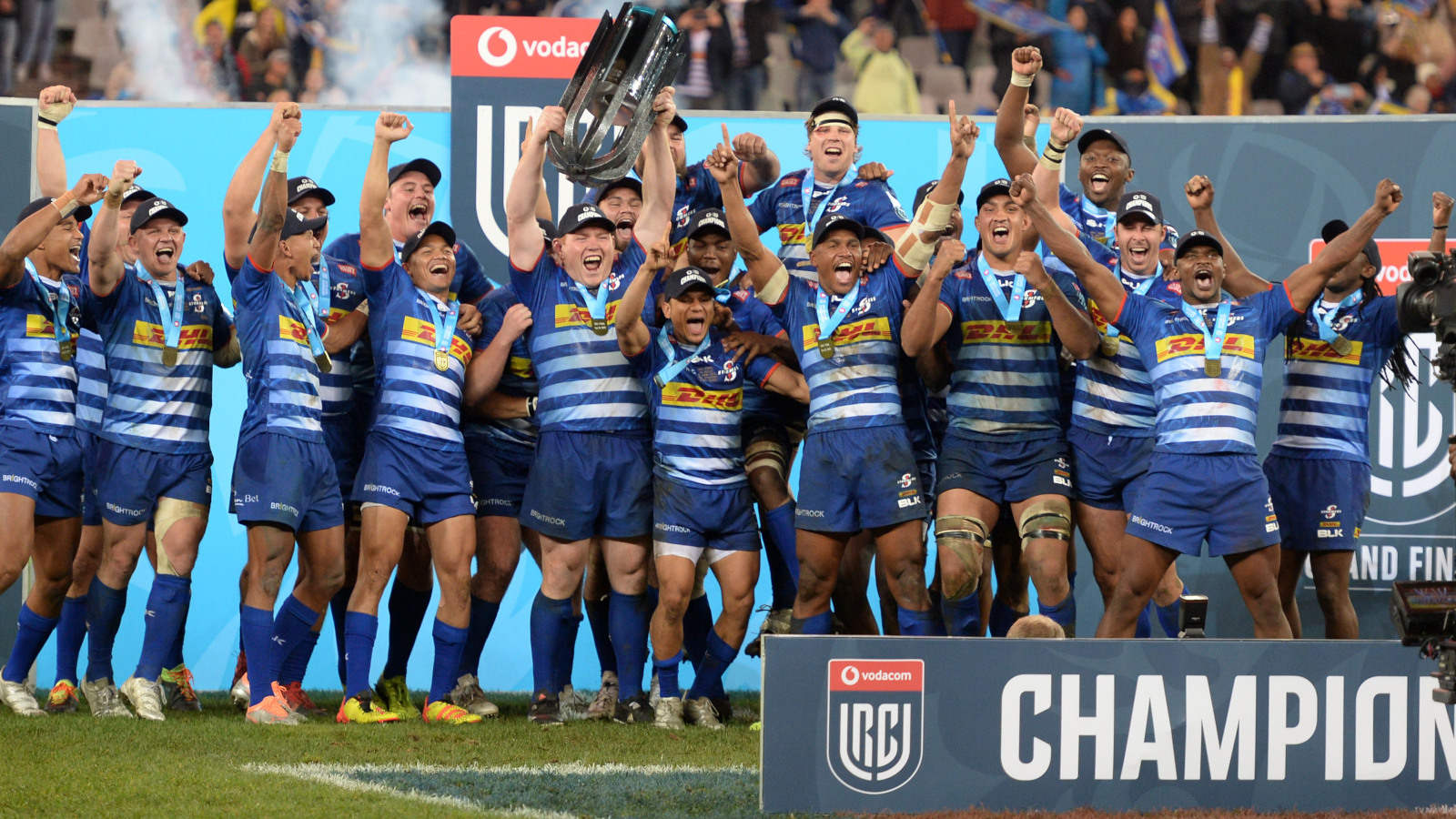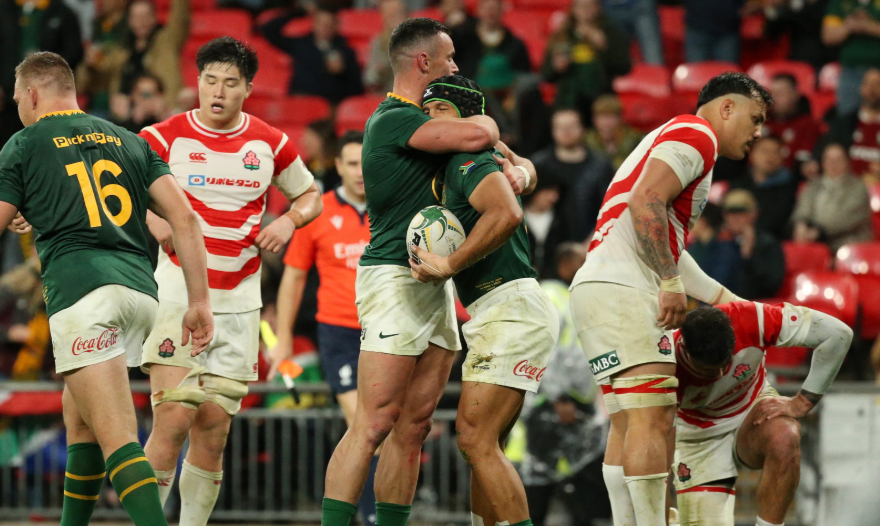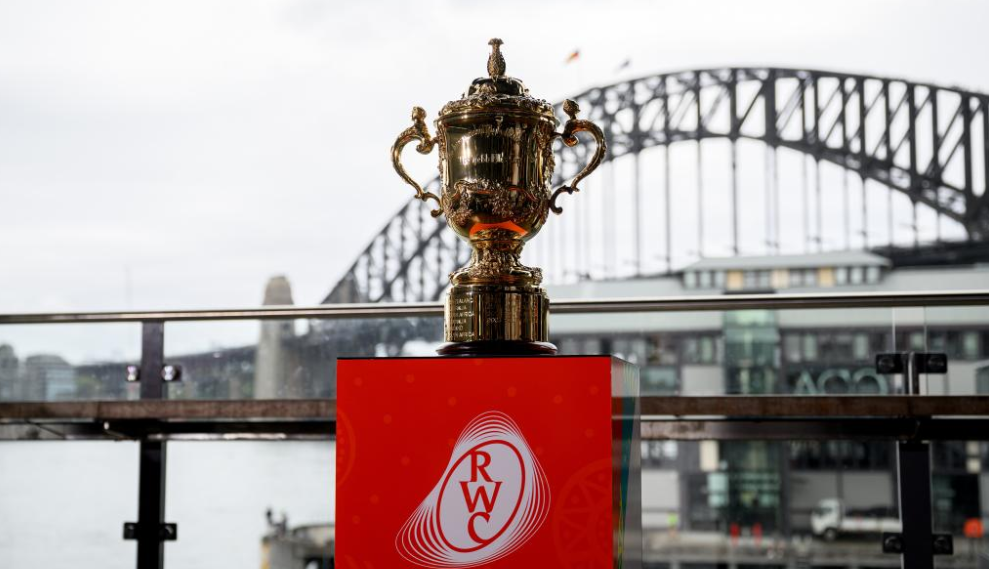The overs/unders market in rugby betting is all about the total points scored in a match. Bookmakers set a line—say, 52.5 points—and you simply bet whether the final combined score will be over or under that number.
Let’s say the Springboks beat the Barbarians 30–25. That’s 55 total points, so the “over” wins. But if it ends 28–17 (45 points), the “under” lands.
Now imagine this match is being played at Cape Town’s DHL Stadium in mid-winter—that changes the entire betting landscape.
1. Cape Town Winter: The Weather Factor
Winter in Cape Town can be wet, windy, and wild. Storms rolling in from the Atlantic often batter the stadium, and strong gusts off Table Bay can disrupt kicking and handling. Slippery conditions make it harder to run, pass, and finish attacking moves. Even the best players can struggle to maintain structure or rhythm.
These conditions almost always favour “under” bettors, especially if there’s persistent rain and blustery wind. A high-scoring exhibition match turns into a gritty arm-wrestle.
2. Team Styles and Intent
The Springboks usually approach matches methodically: territory, set-piece, defence. If they select a full-strength or physically dominant pack, they can strangle the Barbarians’ attacking flair. Even if they pick an experimental side, it may still focus on structure over spectacle—especially in front of a home crowd.
The Barbarians, by contrast, will play for the crowd: offloads, counterattacks, wild passes. But if the ball is wet and the wind’s up, their expansive style is likely to backfire, leading to turnovers rather than tries.

3. Game Flow: Late Points Less Likely in Winter
In dry, fast conditions, matches often open up late, with tired legs and fresh benches leading to a flurry of second-half points. At a rainy DHL in June, July or August, however, fatigue can result in more knock-ons, slower rucks, and kicking battles, not more tries. This chokes off the kind of late surge that pushes games into “over” territory.
4. Motivation and Match Context
This being an uncapped exhibition, the Barbarians will still try to entertain, but the Springboks might use it for system testing or squad rotation, especially with Rugby Championship prep in mind. That intent can lead to clunky attack and high error counts—both of which drive the total under.
Summary
In summer, with a dry track, a Springboks vs Barbarians clash might scream “overs.” But in Cape Town winter, where cold rain lashes the stadium and the wind kills attacking rhythm, the smart money often shifts toward the “under.” Add in South Africa’s defensive strength and the Barbarians’ risky style in poor conditions, and a low-scoring scrap becomes not just possible—but probable.




